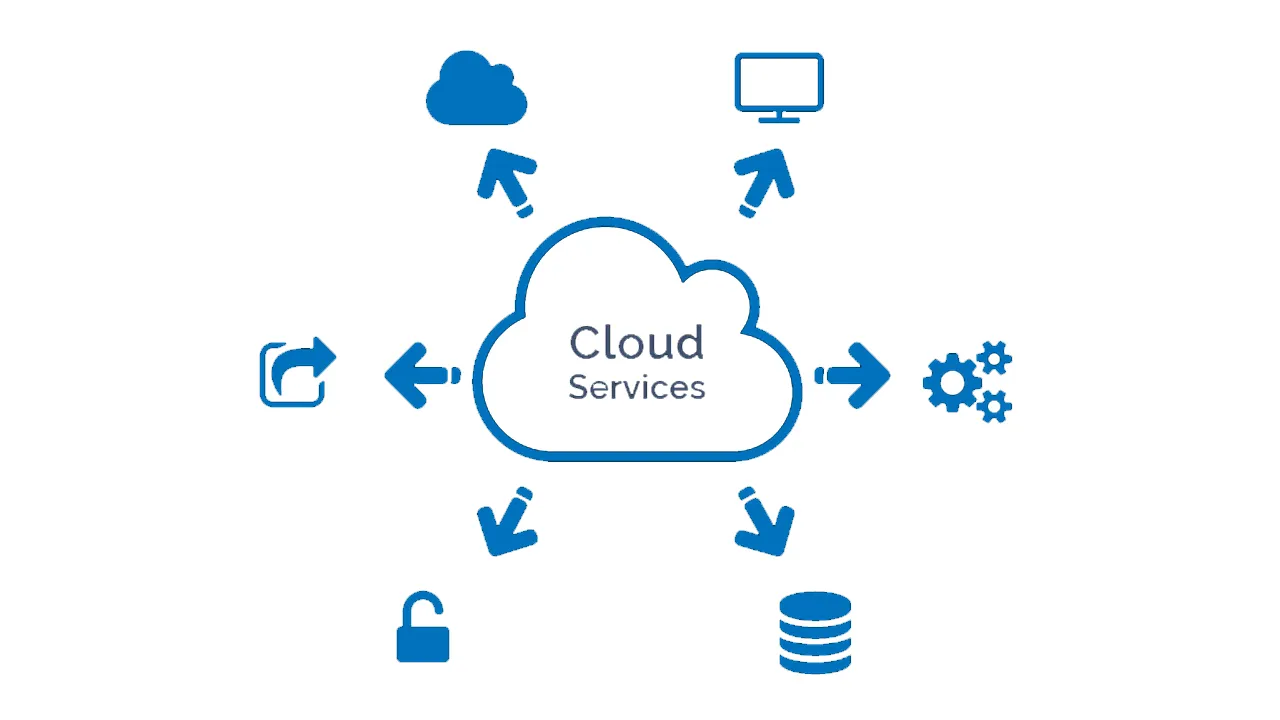December 8, 2023
Pros and Cons of Cloud Services for Small Businesses

Cloud services have become increasingly popular in recent years, and for good reason. If you have a small business, cloud services offer plenty of advantages over traditional on-premises IT infrastructure, including scalability, flexibility, and cost savings. Here are some of the pros and cons of cloud servicing for small businesses.
Pros of Cloud Servicing for Small Businesses
Scalability
Cloud services are scalable. Basically, this means that you can add or remove resources with ease – a great option if your small business is growing quickly or has IT needs that keep changing.
Flexibility
Cloud services are flexible. You can access your data and applications anywhere and at any time provided you have an Internet connection. This would be extremely helpful for your small business if your staff works from home or if you always need to access your data while on the go.
Cost Savings
Cloud services can save you a lot of money on IT because you won’t have to buy and maintain hardware and software. You can simply pay for the resources that you need as you go.
Security
Cloud service providers offer different security features to help you protect your data. This typically includes encryption, data loss prevention, and even disaster recovery.
Reliability
Cloud service providers come with reliable service level agreements, so you can rest easy knowing that your data and applications are always there when you need them.
Cons of Cloud Servicing for Small Businesses
Vendor Lock-Ins
Once you choose a cloud service provider, you might have trouble moving your data and applications to another provider later on. This could be expensive to do too. After all, you’ll need to reconfigure all of your applications and migrate all of your data all over again.
Security Issues
Despite the fact that cloud service providers have security features in place, there is still a risk of your data getting compromised. This is especially true if you don’t do your research about cloud service providers before settling for one and if you aren’t aware of how to configure your security settings.
Control Restrictions
When you move your data and applications to the cloud, you will lose some control over your IT environment. This means that you will have to wait on your cloud provider to resolve problems if any occur.
Tips for Small Businesses That Want to Move to the Cloud
Do Your Research
Before settling on a cloud provider, make sure you do your research first, and choose one that offers all of the features and security that your small business needs.
Start Small
Even after choosing a cloud provider, it would be important to start small. Instead of moving all of your data and applications to the cloud at once, start with a small pilot project first before scaling up as needed. It’s always best to stay on the side of caution.
Have a Plan B
Even though you already have a cloud provider, it would still be important to have a backup plan just in case your provider experiences a security breach or an unexpected outage. Again, it’s better to be safe than sorry.
Monitor Your Usage
Lastly, make sure to keep track of your cloud usage and costs. The last thing you want is to unintentionally overpay for resources you don’t actually want or need.
SME's Tech-Assured Choice!
Discover the thrill of tech-assured shopping only at Cyberzone. Find us via Store Finder. Join our conversation on Facebook, Instagram, and TikTok.















